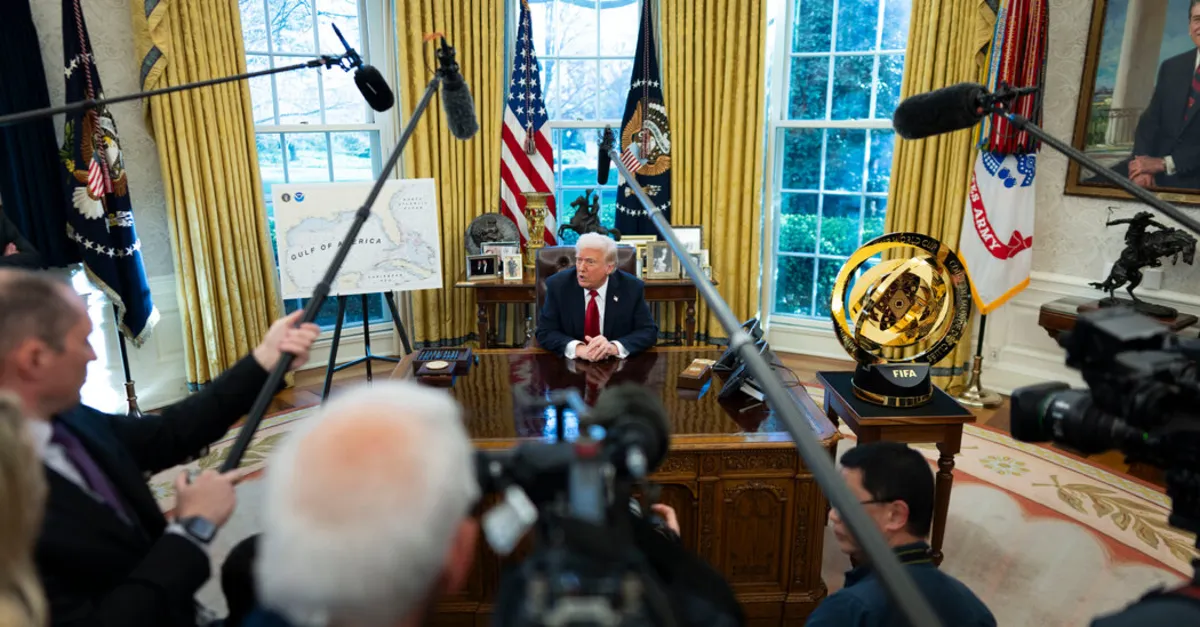
On Wednesday, President Donald Trump hinted at the possibility of relaxing upcoming tariffs on China as a strategic move to facilitate a deal for TikTok, the popular social media app, to be sold to a new owner backed by the United States. During a press briefing at the White House, Mr. Trump acknowledged the critical role that Beijing would play in any potential transaction, indicating a willingness to engage in negotiations. “Maybe I’ll give them a little reduction in tariffs or something to get it done,” he remarked.
The Chinese-based parent company of TikTok is facing a significant ultimatum due to a law enacted prior to Mr. Trump taking office. This legislation mandates that TikTok must either divest its U.S. operations or face a domestic ban. This action was driven by growing, bipartisan concerns regarding the app's potential threats to U.S. national security, a claim that TikTok refutes. Initially, Congress set a January deadline for compliance, but no sale occurred, prompting Mr. Trump to delay the enforcement of this law for 75 days in hopes of securing a buyer.
The new deadline for TikTok’s sale is April 5, which is just three days before Mr. Trump plans to announce what he describes as “reciprocal” tariffs. These tariffs would impose new duties on foreign countries based on the trade barriers they establish against U.S. imports. Notably, the president has already placed a 20 percent tariff on Chinese goods, in addition to those implemented during his earlier term in office.
“Every point in tariffs is worth more than TikTok,” stated Mr. Trump regarding the negotiations, suggesting that the financial implications of tariffs might outweigh the value of the app. He added, “Sounds like something I’d do,” highlighting his penchant for leveraging economic negotiations.
During his Wednesday press conference, Mr. Trump mentioned the likelihood of issuing another executive order that could grant the government additional time to find a suitable buyer for TikTok. He emphasized that the primary goal is to achieve an outcome that is “best for our country.” Furthermore, Mr. Trump has raised the idea that the U.S. government could potentially acquire a stake in TikTok.
“If it’s not finished, it’s not a big deal. We’ll extend it,” Mr. Trump stated, indicating flexibility in the timeline for the sale. However, Chinese officials have made it clear that any sale or divestiture must comply with local export laws, which could grant Beijing substantial power over any arrangements brokered by President Trump.
As negotiations surrounding TikTok continue to evolve, the possibility of tariff reductions presents a complex interplay between international trade and national security. The coming weeks will be crucial in determining the future of TikTok in the U.S. market and the implications for U.S.-China relations.